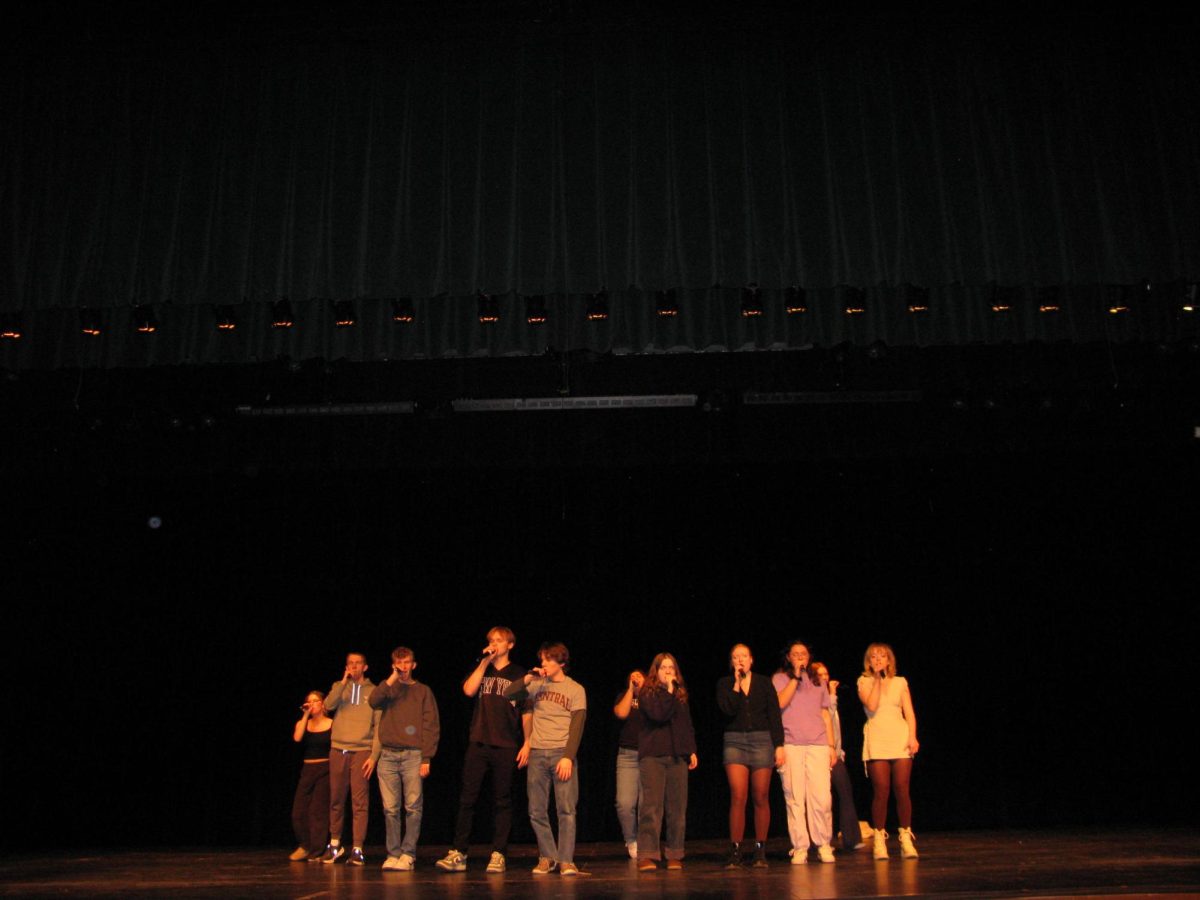By Managing Editor: Amber Lee Carnahan
Doctor Who began in 1963 as a series intended for educational purposes – it was planned that, through the use of time and space travel, the writers of Doctor Who could make learning more entertaining. Since then, the series has grown and expanded beyond belief. When William Hartnell, the first Doctor, could no longer perform the role due to heart failure, the writers behind Doctor Who came up with the idea of regeneration, which allows the Doctor to change form when he is near death and to continue on with the show.
“I really enjoy the concept of the doctor being just a regeneration of a previous self,” says Howell High School senior, Michele Smith. “It’s just really mind bending to think about the possibility that any person in the past could be some sort of incarnation of you.”
This concept of regeneration has paved the way for the series, giving it the opportunity to strive and continue onward. The series was originally cancelled in 1989 due to falling viewing numbers and a less-prominent transmission slot. Fortunately, in 2005, Russell T. Davies took the initiative to revive the series. Since then, Doctor Who has been named the longest running television series. Doctor Who is listed in the Guiness World Records as the longest-running science fiction series in the world, becoming the most successful science fiction series of all time according to broadcast ratings, DVD and book sales, and iTunes traffic.
On Saturday, November 23, the long awaited 50th anniversary special, “The Day of the Doctor,” finally aired, earning the title of longest simulcast of a TV drama.
“I think it’s awesome to do specials because they bring things back to the central themes rather than just continuing on them,” says Smith.
This isn’t the first time the series has done an anniversary special. On each ten-year anniversary, Doctor Who has been known to bring multiple versions of the Doctor together to fight a common enemy. For example, in December 1972, “The Three Doctors” aired, which featured the first three incarnations of the Doctor, played by William Hartnell, Patrick Troughton, and Jon Pertwee. This was the first time a Doctor Who episode that a previous incarnation of the Doctor returned to the show. The Fiftieth Anniversary followed a similar pattern, with David Tennant and Matt Smith (the Tenth and Eleventh Doctor) joining forces when they are sent back in time to the era of Queen Elizabeth I. They are soon met by a man who is known as the War Doctor, played by John Hurt.
“I liked when the Tenth and Eleventh Doctor meet for the first time and how they would talk to each other was entertaining to watch,” says HHS senior, Bethany Robinson. “I like how the specials all have crazy themes that are different and new ideas for story lines. I think different anniversary specials make the show stand out because it does not stay the same; it changes and expands.”
Doctor Who plots are definitely crazy and complex. “The Day of the Doctor” took place in three different times and settings: first in present day London at the Tower of London, then in London 1562, and finally on the Doctor’s home planet of Gallifrey, during the Time War between the Time Lords and the Daleks. The conflict between the different versions of the Doctor added a crucial aspect of humor to the otherwise dramatic and serious plot. Additionally, the introduction of old and new characters worked to tie the special into both a reflective perspective and one that is gearing towards the future.
“I like Doctor Who because I actually love learning history and by watching Doctor Who, it has helped a lot and I actually learn from it,” says Liliana Fleming, a junior at HHS.
In my opinion, Doctor Who has become so popular today because of the different areas of interest the show is able to reach. The time travel and space adventures draw in the SciFi geeks like me, but there’s also the drama and romance between characters to draw in the hopeless romantics. The show visits various historical areas and meets historical characters, just like Queen Elizabeth I in the Fiftieth Anniversary special, which attracts those more interested in hard facts rather than the wibbly-wobbly, timey-wimey stuff associated with science fiction.
No matter the reason, Doctor Who has become a safe haven for its fans. The 12.8 million viewers who watched the special proves just how wide the fan base reaches. Doctor Who will keep striving on, and I hope I’ll be there to see where it ends up when the One-hundredth Anniversary strolls by.









